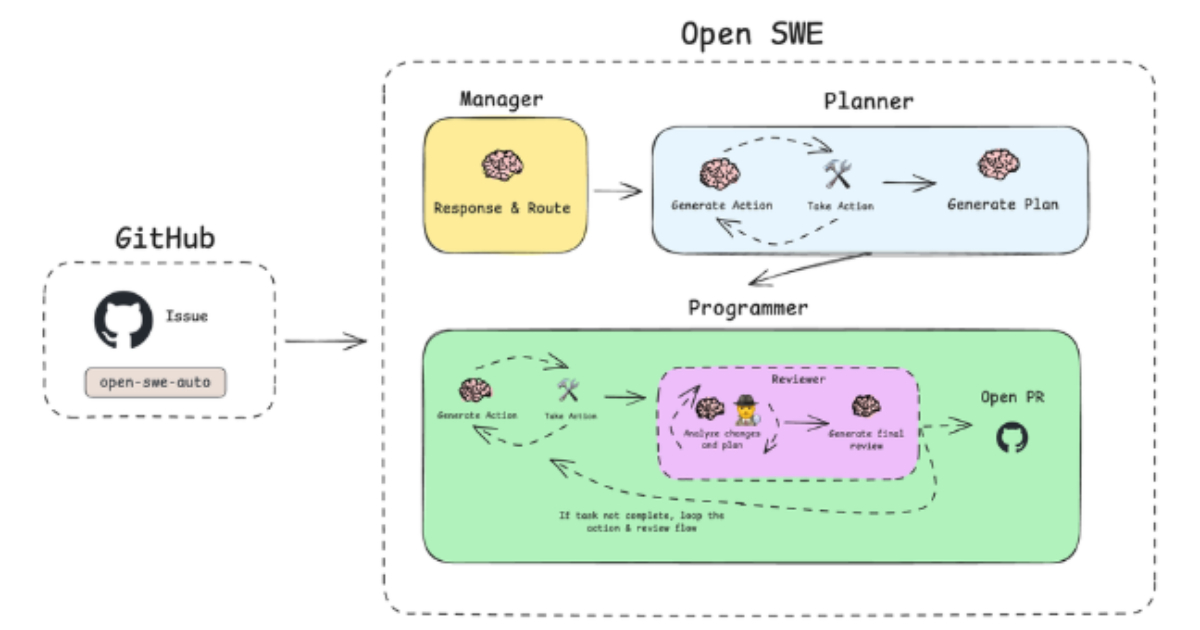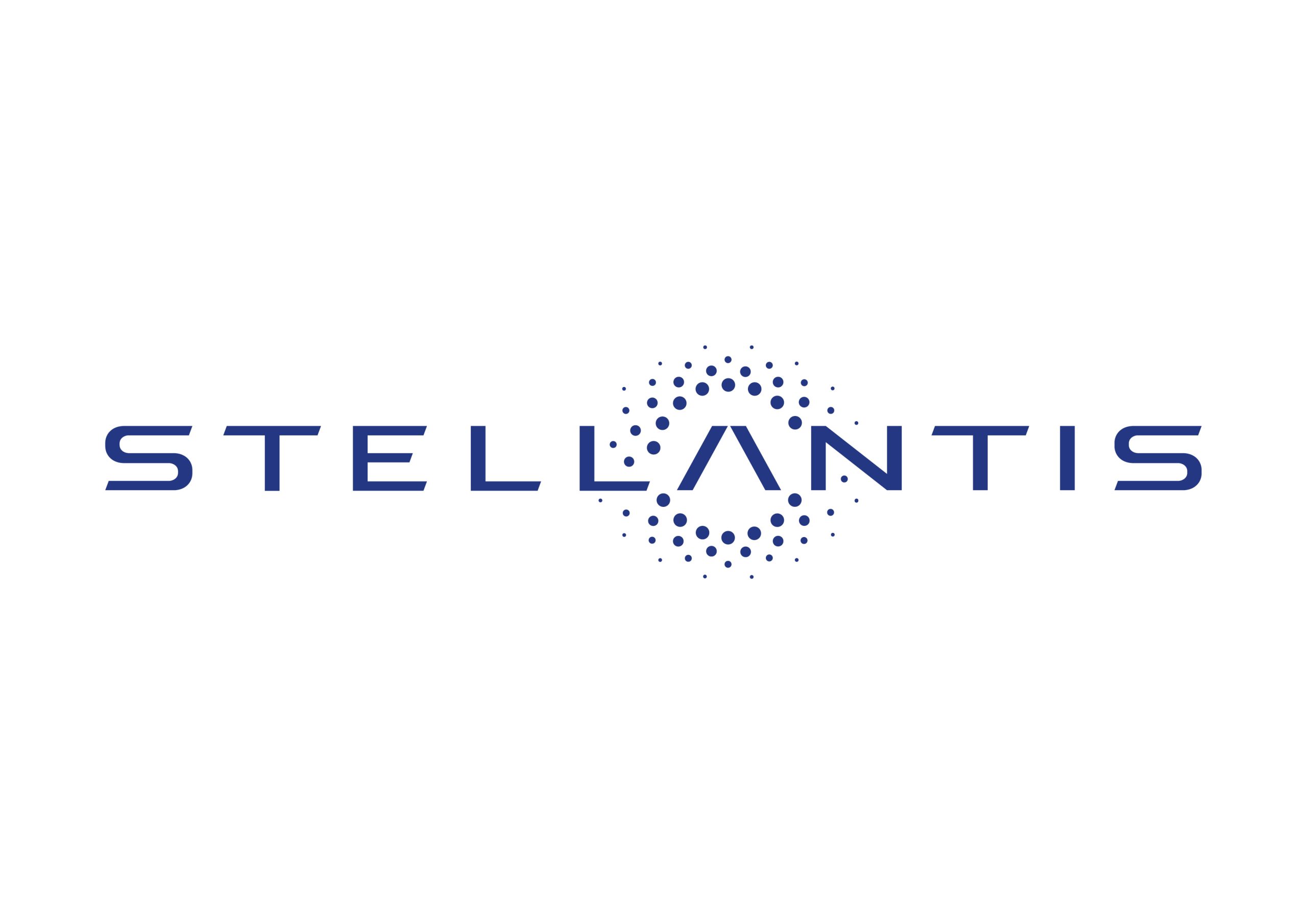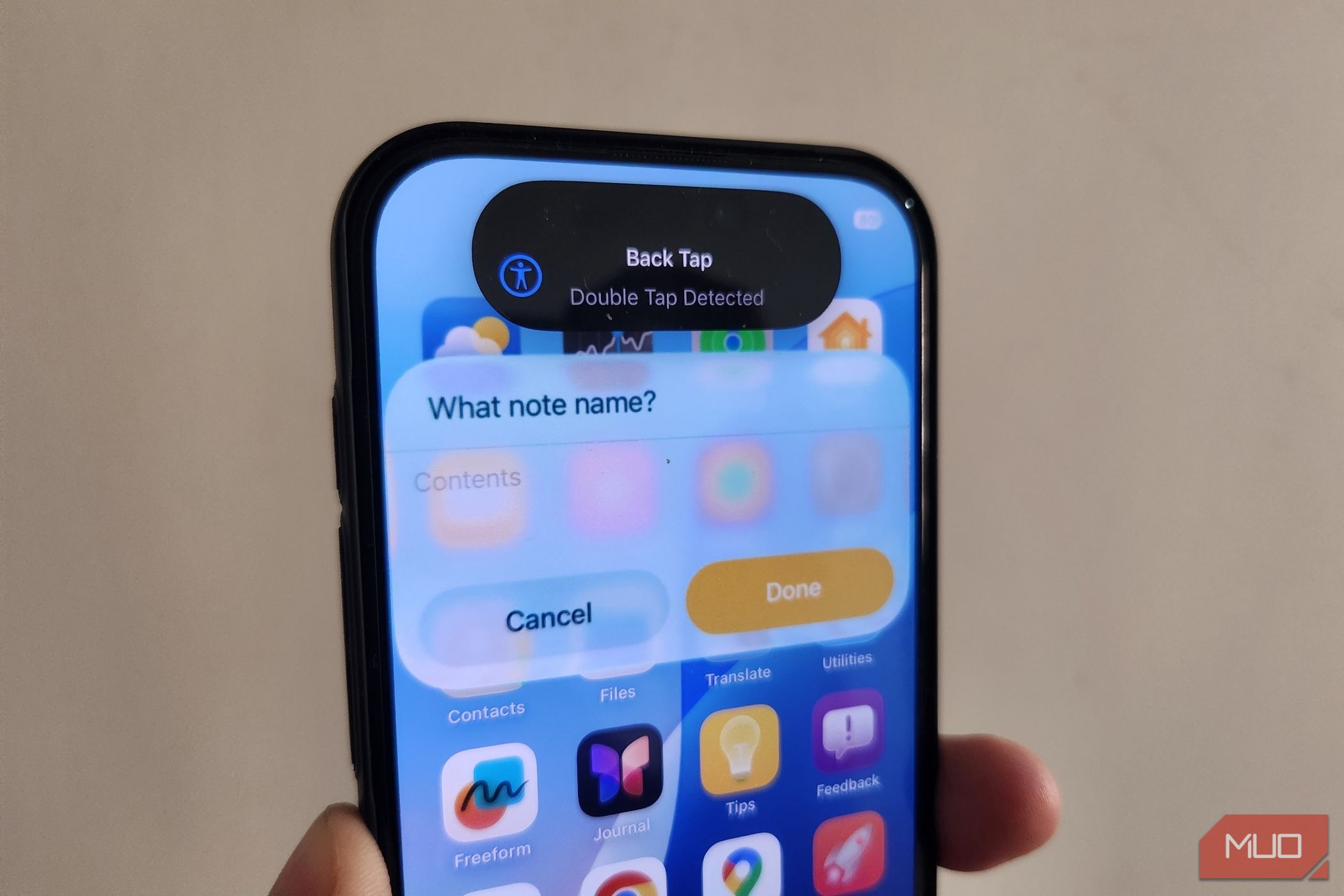LangChain has released Open SWE, a fully open-source, asynchronous coding agent designed to operate in the cloud and handle complex software development tasks. The company says Open SWE represents a shift away from real-time “copilot” assistants toward more autonomous, long-running agents that integrate directly with a developer’s existing workflows.
Unlike many coding assistants that focus on short interactions inside an IDE, Open SWE connects directly to GitHub repositories and works like another member of the engineering team. Developers can assign it tasks via GitHub Issues or a dedicated UI, after which it researches the codebase, generates a detailed plan, writes and tests code, reviews its work, and opens a pull request when complete.
The tool is designed for high-context, longer-term tasks. Every run occurs in a secure, isolated Daytona sandbox, allowing the agent to execute shell commands freely without risking the host environment. This architecture enables it to operate entirely in the cloud, handling multiple tasks in parallel without consuming local resources.
Open SWE also emphasizes human-in-the-loop controls. Developers can interrupt the agent mid-task, request changes, or provide new instructions without restarting. During the planning phase, users can accept, edit, or reject proposed strategies before execution begins. This flexibility extends to “double texting” — the ability to send new requests while the agent is already working, something most coding assistants can not do.
LangChain says Open SWE’s multi-agent architecture — Manager, Planner, Programmer and Reviewer — is key to producing higher-quality code. The Reviewer checks outputs for errors before any pull request is created, aiming to reduce broken builds and repeated review cycles.
Source: LangChain Blog
The project is built on LangGraph and deployed via the LangGraph Platform, which the company says is optimized for long-running agents and offers persistence, scaling, and deployment flexibility. When asked on YouTube whether the tool can be self-hosted for enterprise use, LangChain replied:
Yes! You can self-host if you write an API server for LangGraph, or via our self-hosting offering if using LangGraph Platform to deploy.
Early reaction has been mixed. On Hacker News, user IceDane wrote:
Unfortunately, after using LangChain and the rest of their ecosystem extensively, I have very little faith in their abilities. The fact that the top contributor to langgraph is an agent they built is a huge red flag from my perspective.
Open SWE is available now on GitHub, with full documentation for developers who want to extend it, customize its prompts, or integrate it into internal systems. LangChain positions the project as both a production-ready assistant and a foundation for further community-driven innovation.










